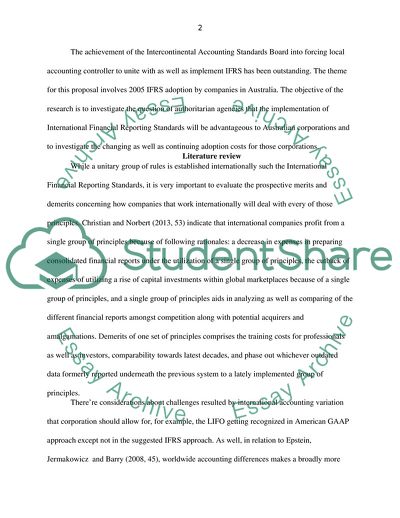Cite this document
(Assignments 1 Research Paper Example | Topics and Well Written Essays - 2500 words, n.d.)
Assignments 1 Research Paper Example | Topics and Well Written Essays - 2500 words. Retrieved from https://studentshare.org/finance-accounting/2088223-assignments-1
Assignments 1 Research Paper Example | Topics and Well Written Essays - 2500 words. Retrieved from https://studentshare.org/finance-accounting/2088223-assignments-1
(Assignments 1 Research Paper Example | Topics and Well Written Essays - 2500 Words)
Assignments 1 Research Paper Example | Topics and Well Written Essays - 2500 Words. https://studentshare.org/finance-accounting/2088223-assignments-1.
Assignments 1 Research Paper Example | Topics and Well Written Essays - 2500 Words. https://studentshare.org/finance-accounting/2088223-assignments-1.
“Assignments 1 Research Paper Example | Topics and Well Written Essays - 2500 Words”. https://studentshare.org/finance-accounting/2088223-assignments-1.


